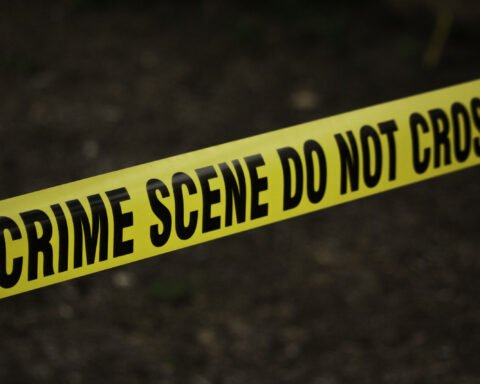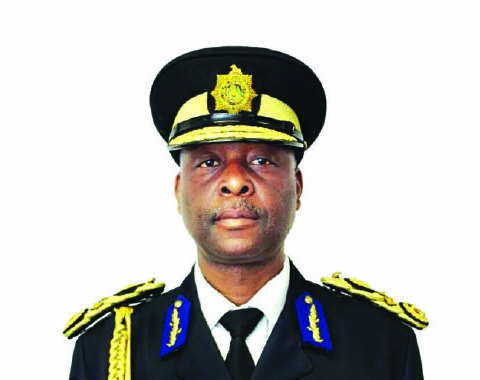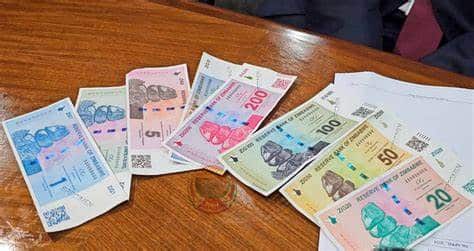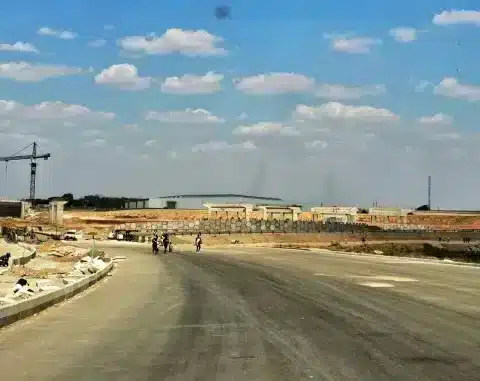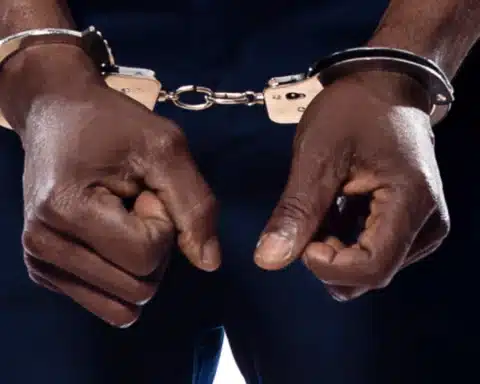PRESIDENT Emmerson Mnangagwa is expected to announce his new Cabinet team this week, which analysts say will indicate how his administration is likely to perform — amid much speculation and jockeying for the available positions.
This comes as Mnangagwa has promised to hit the ground running, in addition to receiving surprising significant support from a wide cross-section of Zimbabweans and from the international community — including the West, which has not seen eye to eye with Harare for nearly two decades.
Mnangagwa would become Zimbabwe’s next leader, following the stunning ouster from power of former president Robert Mugabe last week, the dominant wish among both locals and the international community has been that the country will be best served by an inclusive government, to steer it away from its current myriad challenges.
University of Zimbabwe political science lecturer Eldred Masunungure was among those who told the Daily News on Sunday yesterday that Mnangagwa needed to cast his Cabinet selection net wide — and include the opposition, technocrats and religious groups — if he was to have a successful tenure in power.
“He must fish from academic, religious and opposition ponds for certain competencies, if he is genuine about making life better for all Zimbabweans.
“There is certainly need to identify technocrats in some areas because one of the problems that Zanu PF has been facing in the past is its poor choice of office holders.
“What is needed the most at the moment are action-oriented individuals who can go beyond coming up with development plans such as ZimAsset, which are never implemented,” Masunungure said.
However, he added, it was also possible for Mnangagwa to confine his Cabinet picks to Zanu PF and still get people who could get him the desired results.
“There are people within Zanu PF who can do the job very well . . . there are technocrats there and all that is needed is to look beyond political correctness and choose people on the basis of meritocracy,” he said.
Other analysts also said while coming up with a widely acceptable Cabinet would not be easy, Mnangagwa could signpost “the desired positive future” by settling for a talented and diverse team.
Former civic leader McDonald Lewanika said the country’s new leader had “an excellent opportunity” to break with the past and put in place “a highly-effective Cabinet of performers”.
“These people need to be men and women of impeccable character if he is to follow through on his strong anti-corruption stance that he revealed in his inauguration speech.
“However, his new Cabinet will be useless if it is not supported by an equally, if not more capable cast of bureaucrats in all the various ministries.
“Given the state of the national fiscus, he also doesn’t need a bloated Cabinet. I would suggest a Cabinet size of between 20 and 25 people based on the key responsibilities that need to be managed, rather than people that need to be appeased,” Lewanika told the Daily News On Sunday.
The former Crisis in Zimbabwe Coalition executive director also warned that with elections coming up soon, putting opposition figures in his Cabinet could be a bad move and “a recipe for gridlock”.
“This (including opposition in his team) can only work if he picks competent people who are prepared to serve him and the country. Here, I’ve in mind people who have served in Cabinet before with distinction, like David Coltart, who I am sure can be persuaded to serve their country ahead of party allegiances.
“Otherwise ED has to look within Zanu PF and non-partisan society for go-getters with no divided loyalties. Despite the push, the reality is that it is best for both ED and the opposition not to have an inclusive government,” Lewanika said.
“In the end, it also has to be remembered that ED is for now finishing Mugabe’s term, and Zanu PF should be allowed to finish it. There will be no backlash if he doesn’t include the opposition, and it is something he can consider if he wins the 2018 election which would mark his proper first term,” he concluded.
Legal experts said if Mnangagwa had to pick fresh faces for his Cabinet team who were currently not MPs, he would only be able to choose seven people, as per the law.
Among the new names that were being touted in political circles as possible candidates for these seven positions were Information permanent secretary George Charamba, Winston Chitando, banker Douglas Munatsi, chartered accountant Ngoni Kudenga, lawyer Edwin Manikai, businessman Kudakwashe Tagwirei, another businessman Herbert Nkala, July Moyo, Larry Mavhima, Coltart and former Industry and International Trade minister Nkosana Moyo.
There was also talk that should Mnangagwa decide to include opposition figures in his Cabinet, he could pick Morgan Tsvangirai, Welshman Ncube, Tendai Biti, Joice Mujuru, Nelson Chamisa, Thokozani Khupe, Priscilla Misihairabwi-Mushonga and independent MP Temba Mliswa.
Zanu PF secretary for legal affairs Patrick Chinamasa appeared to suggest last week that Mnangagwa could indeed consider having an inclusive government.
“I can tell you that we want to engage all stakeholders and come up with a reform agenda that will transform the lives of our people.
“We can only achieve that when we work with everyone regardless of political affiliation, because what government will do will affect everyone.
“So, there is need for consensus with stakeholders, including the opposition on fundamental issues of policy so that we can engage the outside world with one voice,” Chinamasa, who was Finance minister before being recently demoted by Mugabe, said.
Other Zanu PF insiders also said if Mnangagwa went ahead and formed an inclusive government, this would not be a surprise given the past positive experiences of the short-lived but stability-inducing unity arrangement of 2009 which saw Mugabe ending years of hostilities with Tsvangirai.
The government of national unity brought many positive changes to the country and to the economy, including lifting temporarily the quality of life of millions of impoverished Zimbabweans whose little savings had been wiped by hyperinflation before then.
Mnangagwa himself has previously been said to have had a good working relationship with Tsvangirai. In the early 2000s, it was reported that Tsvangirai had talked with mediators who were allegedly working on behalf of Mnangagwa, who was then the Speaker of Parliament.
The MDC leader was later to reveal at the time that “they wanted my assurance that if Mugabe retired, the MDC would take part in a transition towards new democratic elections”.
Tsvangirai named retired army colonel Lionel Dyke, a close associate of both men, as one of the mediators.
DailyNews

